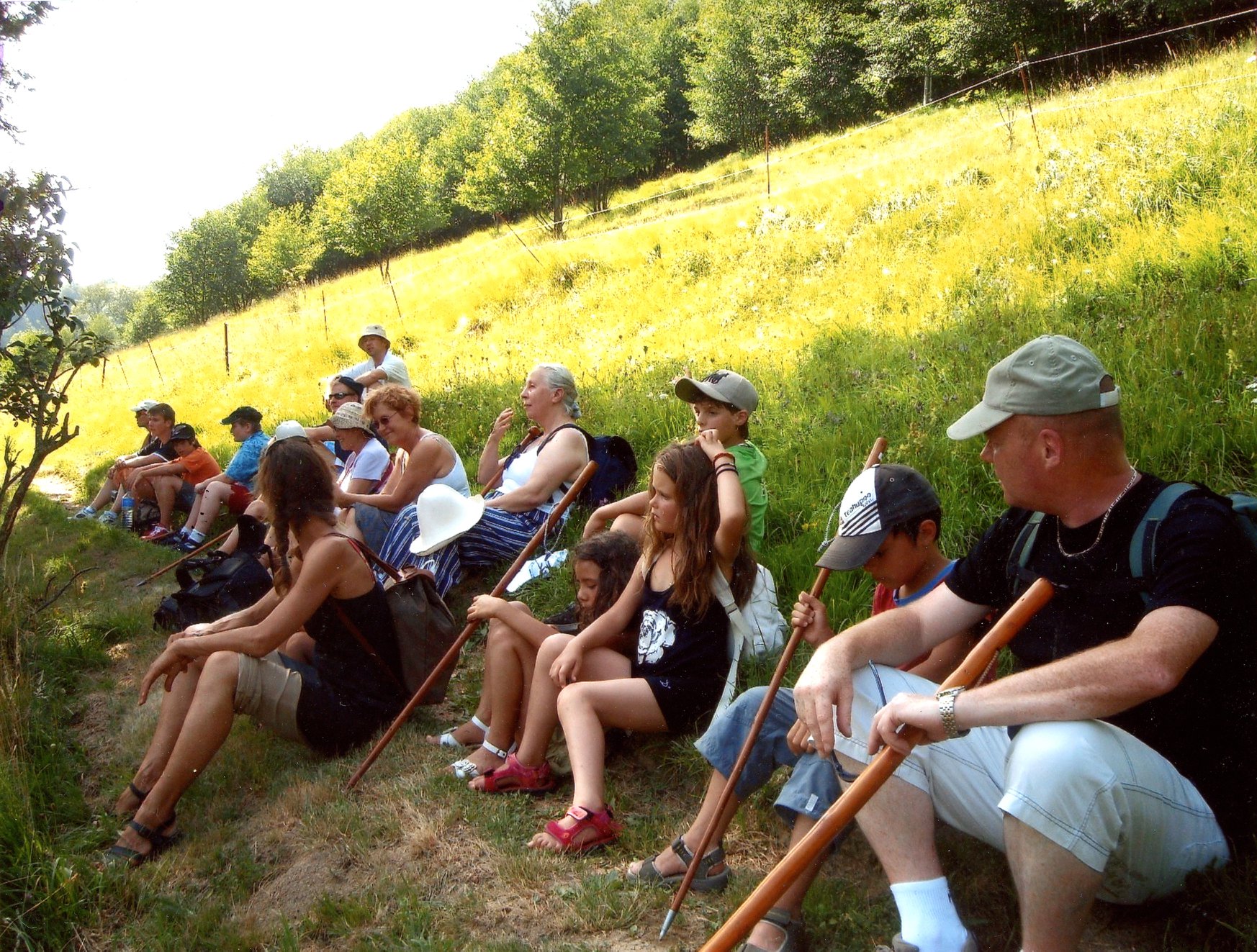
Contribution of Vacances Ouvertes.
The covid 19 has not only wreaked economic havoc on the tourism industry, it has generated a space that Man did not know well: his home. I can feel the thrill of reading those first words.
Let me explain.
A little reminder: as Aristotle said, "Man is a social animal"! Our brain naturally puts empathy mechanisms into action in relation to others. So how can we put ourselves in the other person's place when he or she is not there? In these times of confinement we have changed our habits. We have been confronted with new problems that have made our brain work and that may have made us tired more quickly and thus make us more irritable. The one who shakes his or her head negatively has an important emotional control and has exercised his or her brain to be very malleable. If we relate these constraints to the size of our home, we can obtain a greatly disturbed empathic relationship (Either the following equation p=1/m2+K, or the problems encountered are inversely proportional to the living space added to a social constant that ∈ ℝ).
Moreover, an additional pressure is added. The home, this enclosed and covered space that we hope will be impermeable and which is the institutional bulwark against the spread of COVID 19, a bulwark with variable geometry
depending on the disappearance of external risks and economic stakes, generates fear and fear is an enemy of our balance and weakens our cognitive capacities. As Marshal Lyautey said, "when heels click the minds go empty", and COVID has very small but loud heels. This situation is all the more complicated to cope with in a European democracy that advocates freedom: a clash of coherence in a period when taking a step backwards is a challenge. Phonetic pun.
A second little reminder, our brain was built on the basis of nomadism, or at least mobility. Imagination is not enough to sustainably cross a space that symbolically is the first frontier at least in our societies where the principle of individual ownership is predominant. The wall does not allow one to see the horizon and project oneself. I can hear the sorrowful spirits that could take the opposite side of this reflection by laying down the principles of the
Enlightenment and the United Provinces of the 17th century, so do it in a small space, you have a great chance of getting your feet in the carpet and falling over. There is a great risk of falling down in a small space cluttered with problems and furniture of all kinds. And our brain is well congested by the fear of disease, of the societal pressure that you suppose to be a healthy carrier, to do your daily work while listening to your children, to do everything at
home, so much unannounced home-working, to play the shrink for others, to repair everything that could not be done in normal times, without having the certainty of finding your place again, and here I am not only talking about work.
With regard to these two aspects, which are just as effective outside a health crisis but exacerbated during it, we can continue to defend the initial postulate about holidays.
So, if we are nomads and social animals, holiday transhumance is good for our primary being. Holidays are all the more important in these periods, because they have a function of socialization, of rest. They develop self-esteem and offer us a desired distance. They allow us to reinvent ourselves and rebuild our work force and understand this term not only related to employment but to all social situations that hinder the individual. Holidays are safety
valves for the living together experienced in urban spaces where humanity is compressed and/or relegated. Finally, holiday projects give, for some people, meaning to a year of hard work and stress.
In 2012, Jean-Didier Urbain answered the following question to the journalist of L'Express: Would the holidays act as a social regulator in this respect?
Exactly; just as soldiers are offered permission to avoid desertion. A politician who did not understand this would be making a serious mistake: it is not a question of encouraging idleness, but of (re)giving the people a space and time that belongs to them. For it is here that the feeling of freedom is at stake. On holiday, you don't just rest your body and your brain, you also rebuild common values and references.
QED: In normal times, holidays should be compulsory for everyone, and in times of confinement holidays should be a duty!
